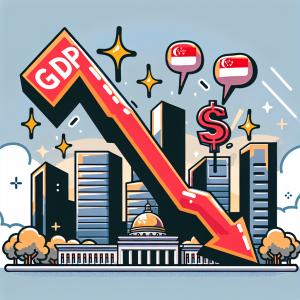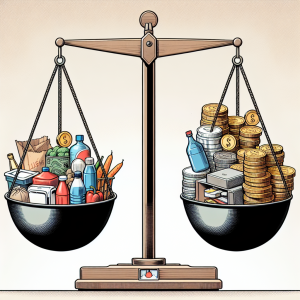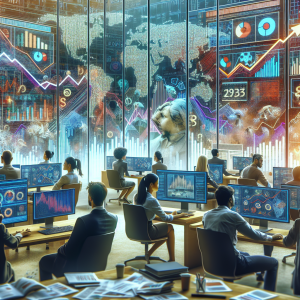As the world grapples with a shifting economic landscape characterized by tariff chaos and trade uncertainties, Singapore’s Deputy Prime Minister Gan Kim Yong has emphasized the need for the nation to adapt to these changes and seek new opportunities. Speaking at a recent forum, DPM Gan highlighted the importance of preparing for a new global order, which is increasingly influenced by complex trade dynamics and geopolitical tensions.
Singapore’s economy, being heavily reliant on global trade, is particularly vulnerable to the cascading effects of tariffs and trade policies. The ongoing fallout from the U.S. tariffs initiated during the previous administration has created a ripple effect, prompting retaliatory measures from other nations and contributing to a climate of instability in international trade. This has significant implications for Singapore, as disruptions in global supply chains can directly impact its economic performance and growth prospects.
In light of these challenges, DPM Gan called for a proactive approach from both businesses and policymakers. He underscored the necessity for companies to reassess their supply chains and market strategies, ensuring they are resilient to the fluctuations caused by tariff impositions and currency manipulation. The current volatility in stock markets, exemplified by the Japanese Nikkei index, reflects broader investor concerns about economic stability, and Singapore must navigate these uncertainties with agility.
Seeking New Opportunities
Amidst the chaos, DPM Gan also pointed out that there are opportunities for Singapore to capitalize on. The city-state’s strategic position as a global financial hub allows it to be a key player in facilitating trade and investment flows. By enhancing its connectivity and fostering innovation, Singapore can attract businesses looking to mitigate risks associated with the current global trade environment.
Furthermore, engaging in diplomatic efforts to stabilize trade relations and address currency manipulation will be crucial. Policymakers must work collaboratively with international partners to create a more predictable and stable economic environment. This approach not only benefits Singapore but also contributes to global economic stability, which is essential for sustained growth.
Conclusion
In conclusion, Singapore stands at a crossroads as it faces the challenges of a new global economic order marked by tariff chaos and trade uncertainties. By preparing adequately and seeking new opportunities, the nation can not only safeguard its economic interests but also position itself as a leader in navigating the complexities of modern trade dynamics. As DPM Gan aptly stated, the time for adaptation and proactive engagement is now, ensuring that Singapore remains resilient and competitive in an ever-evolving global landscape.





